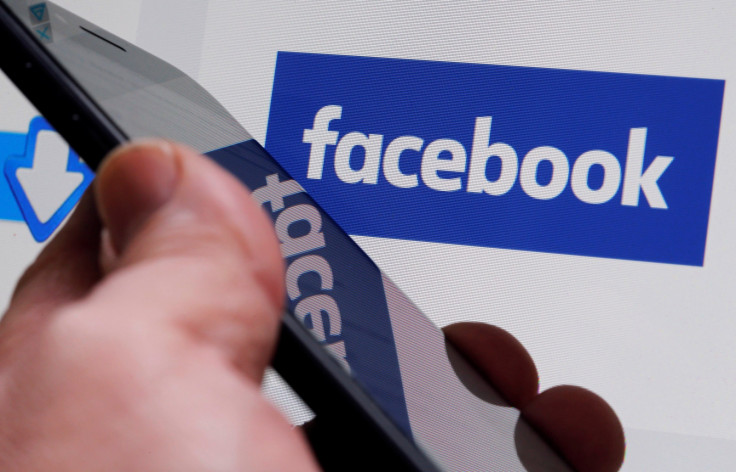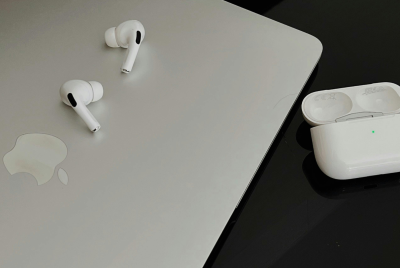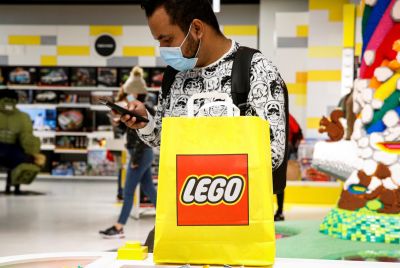Facebook admits it may be damaging our well-being, says more Facebook is the cure
Researchers from the social network said that spending too much time "passively consuming information" can make people "feel worse".

Facebook has admitted that social media may be damaging the mental health of some users, in response to growing pressure on the company from critics who say the platform has a negative effect on society.
In a blog post on Friday, researchers from the social network said that spending too much time "passively consuming information" can make people "feel worse". However, they also wrote that engaging and interacting with people more on Facebook could be part of the solution to this problem.
There are an increasing number of studies linking the use of social media sites with poor mental well-being, especially amongst young people. But David Ginsberg and Moira Burke from Facebook's research division argue in the post that the evidence is inconclusive and using the platform can also have positive effects on mental health.
"Actively interacting with people - especially sharing messages, posts and comments with close friends and reminiscing about past interactions - is linked to improvements in well-being," they said.
They cited the example of a study which suggested that scrolling through your own Facebook profile can lead to "boosts in self-affirmation".
However, they also noted that some people may experience negative effects from using the platform because it encourages people to constantly compare their lives to others or reduces the amount of time spent socialising with people in real life.
"In sum, our research and other academic literature suggests that it's about how you use social media that matters when it comes to your well-being," the researchers said. "We want the time people spend on Facebook to encourage meaningful social interactions," they added, quoting CEO and founder Mark Zuckerberg.
In the blog, the company announced new features intended to combat some of the negative experiences that they highlighted.
These include 'Snooze' which lets users hide a person, group or page for 30 days without having to unfriend or unfollow them and 'Take a Break' which allows users who have broken up with someone to limit what they see of their exes, minimising potentially painful experiences.
In addition, the researchers say the company has made "several changes to the News Feed to provide more opportunities for meaningful interactions and reduce passive consumption of low-quality content."
The latest developments come at the end of a torrid year for the public relations team at the social network. The company has been accused of enabling everything from the spread of fake news to Russian propaganda and hate speech. It has also been criticised for providing a platform for white supremacists, censoring critics of oppressive governments and running offensive adverts.
And just a few days ago, an ex-Facebook executive blasted the company saying it was "destroying how society works".





















